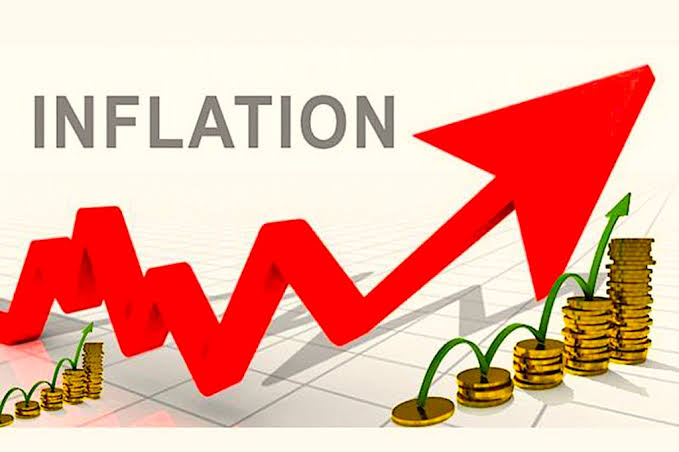Rising inflation will compel Nigerian households to allocate a significant portion of their earnings to food over the next six months, a recent Central Bank of Nigeria (CBN) survey reveals.
The inflation rate has surged to 33.40%, with food inflation exceeding 40%, according to the National Bureau of Statistics (NBS).
Conducted from July 22 to 26, 2024, the CBN’s Household Expectation Survey, which had a 99.7% response rate from a sample of 1,665 households, shows that respondents plan to spend 54.9% of their income on food.
Other anticipated expenses include education (35.4%), transportation (30.2%), electricity (20.0%), and medical expenses (12.2%).
In contrast, significant expenditures on housing, vehicles, and investments are not anticipated.
The survey also highlights widespread pessimism about the economy, with 83.7% of respondents considering current inflation levels too high. Businesses are slightly less negative compared to households.
The outlook for the naira is mixed; while households expect the currency to weaken further in the short term, they anticipate a potential recovery by early 2025.
Additionally, 80.9% of respondents believe that the economy will deteriorate if inflation continues to rise, while only 3.2% foresee improvement.
Key factors driving inflation include rising energy costs, high exchange rates, and transportation expenses.








